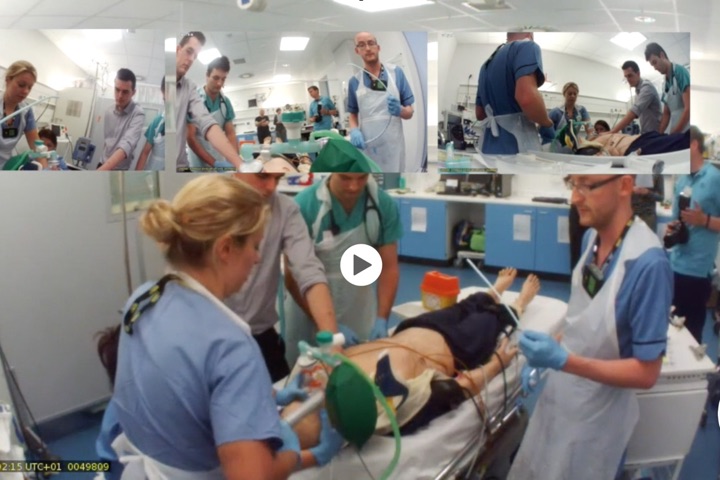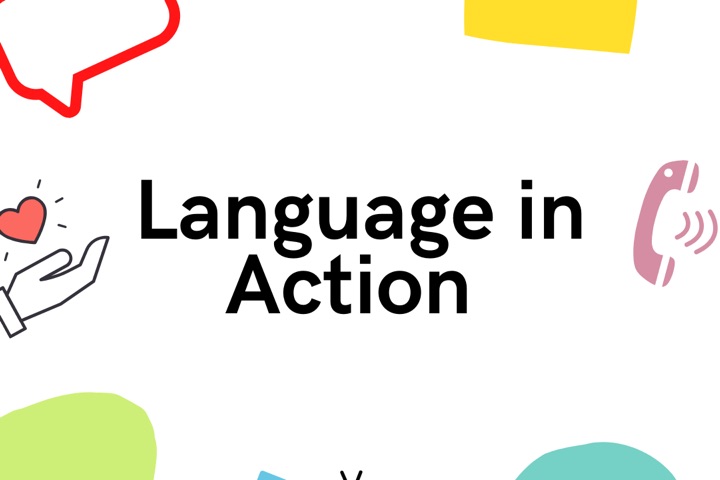Nov
15
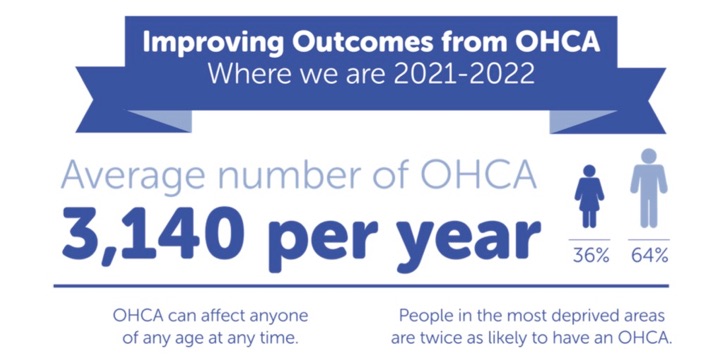
15 Nov 2022
The latest OHCA data has been published by RRG and the Scottish Ambulance Service, here is a summary of the main findings:
- From 1st April 2021 to 31st May 2022 there were 3,140 cardiac arrests where resuscitation was attempted. This represents an incidence rate of 573.0 OHCA per million population of Scotland.
- Overall, 30-day survival was 9.7% (Strategy aim 15%), representing 2 55.5 survivors per million population. This is less than in 2018-19
- (11.9%), but significantly recovered after a drop in survival to 7.5% during the COVID-19 pandemic.
- Return of Spontaneous Circulation (ROSC) rate in patients with a shockable initial rhythm (Utstein comparator) was 52.3%, with a 30-day survival rate of 26.1%, the highest recorded level since 2011-12.
- Bystander CPR rate was 66.1% (Strategy aim 85%), the highest recorded since 2011-12 and having continued to rise during the COVID-19 pandemic.
- The number of Public Access Defibrillators (PAD) in communities across Scotland that are registered on the national defibrillator network (The Circuit) has more than doubled since 2019 and is now at almost 5,000. The rate of PAD deployment by the public was 8% (Strategy aim 20%).
- Scottish Index of Multiple Deprivation (SIMD) associated inequalities remain, with those living in the most deprived areas in Scotland (SIMD1) more than twice as likely to have an OHCA and 40% less likely to be alive 30 days after the event when compared to people living in the least deprived areas in Scotland (SIMD5).
- The COVID-19 pandemic had a significant impact on OHCA outcomes but we have made a substantial recovery.
The full report can be accessed here
Oct
25
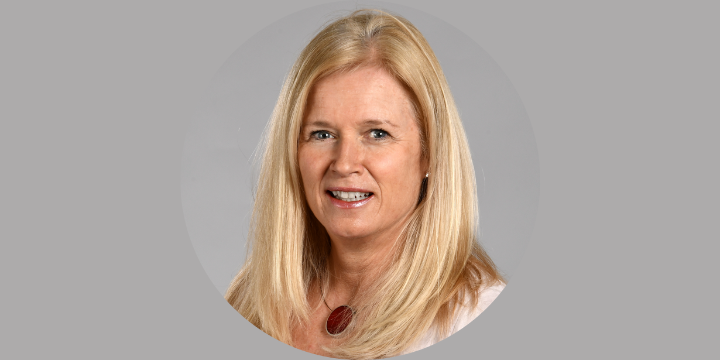
25 Oct 2022
Susan Gardner joined the RRG team in October as a CPR Project Coordinator for SALFS. Susan is responsible for community engagement and Heartstart activities across secondary schools in Scotland.
Her goal is to ensure all children and members of the public in Scotland are equipped with the life saving knowledge of CPR and have the confidence to use these skills in an out of hospital cardiac arrest situation.
She came to Save A Life For Scotland from the Scottish Ambulance Service Community Resilience department and has previous experience working as an Ambulance Technician and a Nurse within Orthopaedics at the Royal Alexandra Hospital in Paisley.
Oct
15
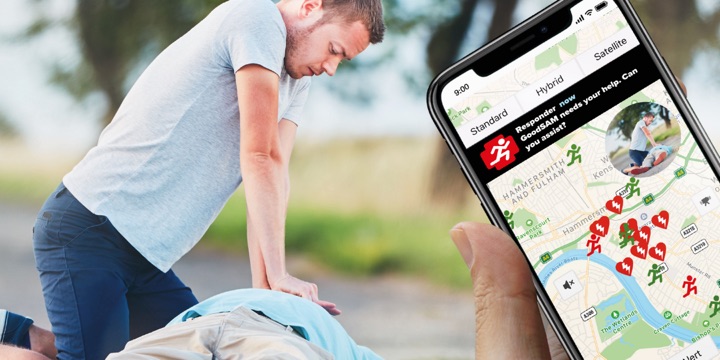
15 Oct 2022
The RRG team and the SALFS project supported the launch of the GoodSAM app by the Scottish Ambulance Service on 14th October 2022 to mark the World Restart a Heart Day.
The application has been live for the last few years but only off-duty registered medical professionals could become the first responders in out-of-hospital cardiac arrest cases. The app has now opened to anyone with CPR skills in Scotland.
How does it work?
After the initial registration, the user gets an alert if they are nearby a reported cardiac arrest and they can accept or decline the call. Once on the scene, they will support the CPR delivery until the paramedics arrive.
To find out more, go to https://savealife.scot/goodsam/.
Aug
29
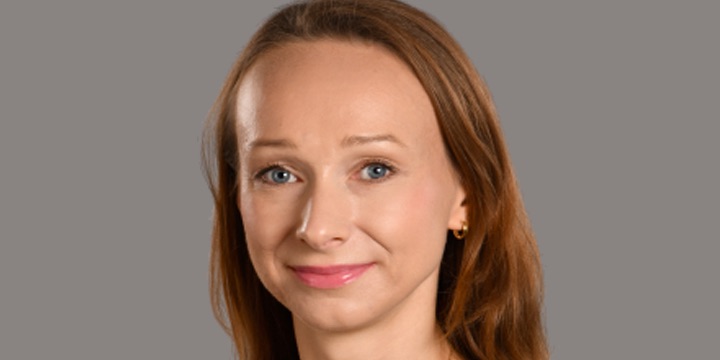
29 Aug 2022
Dominika Skrocka is the latest addition to the RRG team. She is the Project Coordinator for the Save A Life For Scotland (SALFS) campaign and partnership.
Dominika is responsible for SALFS and RRG social media and website management. She will also provide comprehensive research project coordination and administration, and personal assistant service to the Lead Consultant & Lead Research Nurse of the Resuscitation Research Group.
During her BA English studies at Edinburgh Napier University, Dominika took part in several initiatives, including volunteering, TEFL certificate and a trip to Zanzibar to teach English, as well as Edinburgh Prison work placement. These experiences increased her interest in social care and the non-profit sector. After graduating, Dominika joined the employability sector where she supported and managed service delivery for disabled individuals to get into and to sustain employment in Edinburgh. Making a difference to people’s lives has been central to her professional development to date.
Dominika is excited to join EMERGE by becoming a part of the RRG. She is now pursuing a BA degree in Business Management at Queen Margaret University. She continues to develop her skills in management and leadership to be able to support the SALFS project delivery and the organisational vision in the best way.
In her spare time, Dominika looks after her young family, enjoys the outdoors and a bit of clothing DIY.
Welcome Dominika!
Apr
06
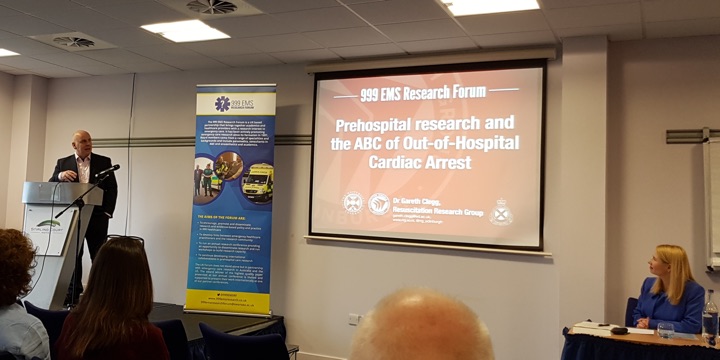
06 Apr 2018
The Resuscitation Research Group showcased their latest projects at the recent prehospital research conference in Stirling.
Ernisa Marzuki, Paul Gowens, Frank Prior, and Gareth Clegg all attended the EMS999 Research for Impact forum in 999 Emergency Care hosted by the Scottish Ambulance Service and the University of Stirling. Gareth Clegg delivered an inspiring speech about “Prehospital research and the (C) ABC of Out-of-Hospital Cardiac Arrest” – (C) ABC standing for: Complaint, Audit, Basics, Clever Stuff
“You have the opportunity to change your world and the world for your patients, what kind of dent are we going to leave in the world when we move on?”
Our group presented five posters in total:
Linking pre-hospital Out-of-Hospital Cardiac Arrest data to in-hospital outcomes in order to improve the ‘Chain of Survival’
Sandpiper WILDCAT project – saving lives after Out-of-Hospital Cardiac Arrest in rural Grampian
Exploring the knowledge, attitudes and behaviour of the general public to responding to Out-of-Hospital Cardiac Arrest (in partnership with the University of Stirling)
Sharing and verbalisation of plans in Out-of-Hospital Cardiac Arrest resuscitation
Rapid assessment of membrane osmotic pressure as a guide to resuscitation in the acutely shocked patient
The forum aimed to encourage, promote and disseminate research and evidence-based policy and practice in 999 health-care.
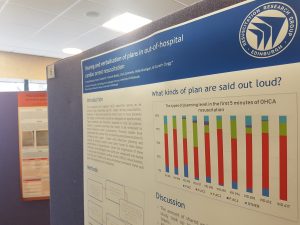
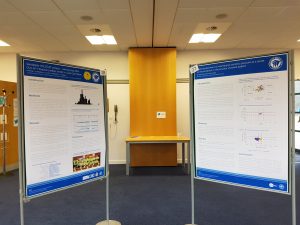
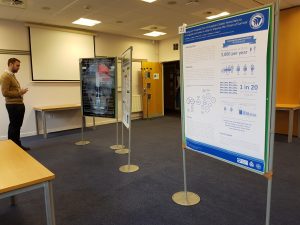
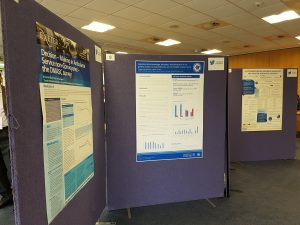
Welcome to the RRG News area where we'll keep you up to date with what's happening and the work we're doing.
If you would like to know more or require any press information please contact us.
14 Mar 2024
Scottish Government and St John Scotland have confirmed funding to enable the PADmap web portal
27 Nov 2023
RRG presented at the 15th EMERGE day conference
09 Oct 2023
SCAS is series of events where we be highlight the change in culture and clinical outcomes after out-of-hospital cardiac arrest across Scotland following the launch of Scotland’s Strategy for OHCA. SCAS23 ‘Getting our SHIFT together’ was staged at the Hilton Doubletree at Edinburgh Airport on October 6th. It was a highly informative and entertaining day […]
12 Jan 2023
Diane Lac has completed a survey of individuals, groups and organisations involved in PAD installation.
02 Dec 2022
The Resuscitation Research Group at Emerge14
15 Nov 2022
The latest OHCA data has been published, here is a summary of the main findings
>
More news
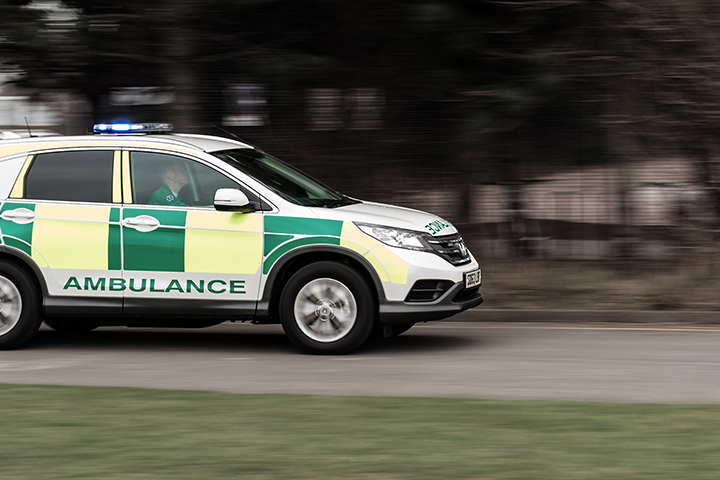
A squad of 12 paramedics from the Scottish Ambulance Service make up 3RU.
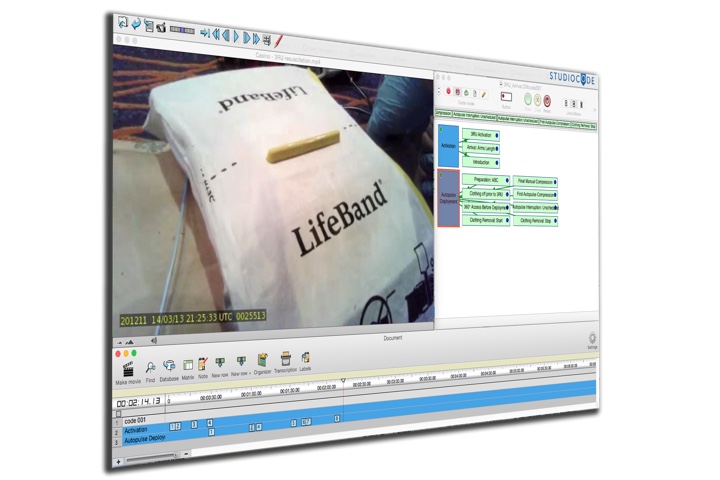
A project to investigate the association between non-technical skills performance and technical performance during OHCA resuscitation











